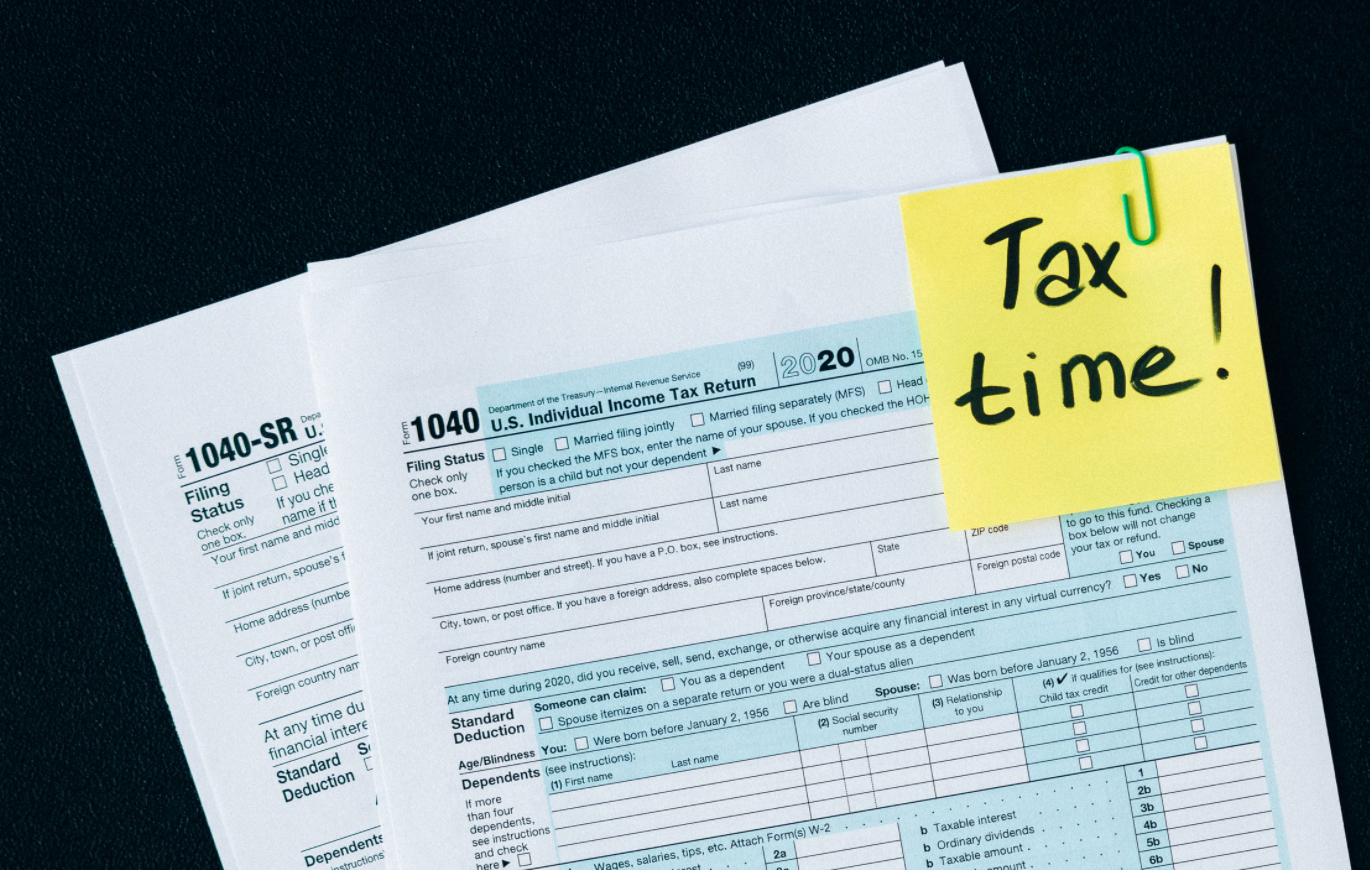Understanding the ins and outs of state payroll taxes can seem daunting. Taxes and rates can vary by state, so even if you know the rules in one area, you may not know what to expect in another.
Plus, if you have employees working in multiple states, you have to make sure you are on top of regulations in all of those states. The good thing is that there aren’t too many different state payroll taxes to understand. Also, if you use an online payroll provider, they should be able to handle state payroll taxes for you.
Employer and employee payroll taxes
Before we dive into the specifics of each state, let’s do a quick overview of the tax payments you can expect to see as you run payroll for your small business. There are two types of taxes: employer-paid and employee-paid.
Employer-paid taxes
Employer-paid payroll taxes include FICA (Medicare and Social Security tax), unemployment taxes (federal and state), and in some cases, local taxes. The rate for Medicare tax is 1.45% of an employee’s wages (gross). Social Security is 6.2% of employee’s gross wages, with a wage base of $142,800 in 2021.
Unemployment tax rates are assigned to your business by the IRS. The rates are based on multiple factors, including how long your business has been operating and how many former employees have claimed unemployment benefits. They can change every year, so it’s a good idea to keep your eyes peeled for any communications about rate changes.
Employee paid taxes
Employee-paid payroll taxes include federal income tax, state income tax (where applicable), FICA (Medicare and Social Security), and in some cases, local taxes. The rates for Medicare and Social Security are the same as they are for employers, 1.45% and 6.2% respectively.
Federal income tax is determined by Form W-4, and it fluctuates based on the employees’ paycheck. Some states don’t have an income tax, and some states have a variable income tax. It all depends on the rules in the state where the employee is working.
State payroll taxes
State payroll taxes include income tax, unemployment tax, and in some states and cities, local taxes. Income taxes are paid by employees, and unemployment taxes are paid by business owners.
Some states don’t have an income tax, but all states have an unemployment tax and a few states and cities also have local payroll taxes. To get more tax information check your state labor law guide.
State income tax
State income tax varies from state to state with an exemption of nine states that don’t tax regular income. They are Alaska, Florida, Nevada, New Hampshire, South Dakota, Tennessee, Texas, Washington and Wyoming. If you are an employee working in one of those states, you won’t see any state income tax come out of your paychecks.
Nine other states have a flat tax rate for their state income tax. These states are Colorado, Illinois, Indiana, Kentucky, Massachusetts, Michigan, North Carolina, Pennsylvania, and Utah. Some of these states have a flat rate for taxable income, while others apply the flat rate to adjusted gross income.
Check with your state for exact rates and rules to make sure you know what to apply to your payroll or your personal income tax return.
All other states (and D.C.) have variable state income tax rates. That means that your tax rate will depend on how much you earn during the year. Some states have as few as three tax brackets, while others have up to twelve. Again, check with your state to see what brackets and rates they are using.
State unemployment tax
The other major state payroll tax is state unemployment. All states have state unemployment tax, and just like federal unemployment tax, it is used to pay benefits to people who are unemployed through no fault of their own. This temporary income is paid by the Federal Unemployment Tax Act (FUTA) and the State Unemployment Tax Act (SUTA).
The state agency responsible for administering unemployment will assign a rate to your business. The rate will depend upon how long you have been in business, how many former employees have claimed unemployment benefits, and a few other related factors. Your rate can change each year, so be on the lookout for any adjustments.
Additionally, the federal and state governments cooperate to facilitate businesses paying unemployment insurance taxes; both the FUTA tax and the state unemployment tax.
Local taxes
Some states and cities have local payroll taxes that you will be subject to. For example, in Oregon, there is a statewide transit tax that is employee paid. There are also some zip codes with local transit taxes, like the TriMet tax, that are employer-paid.
In California, there are a few additional state payroll taxes, like ETT (Employment Training Tax) and SDI (State Disability Insurance). For ETT the employer is the taxpayer, while for SDI the employee is the taxpayer.
Because additional payroll taxes can vary by state and zip code, it’s always a good idea to check in with your local government agencies to see what taxes your business is subject to. It’s better to check before you run payroll than find out later that you owe back taxes or penalties.
State taxes are an important part of payroll
While many people may just think of the federal government when they think of payroll taxes, state payroll taxes also come into play in all areas. As an employer, it’s important to make sure you are deducting the appropriate state taxes from your employees.
You have to stay up-to-date on any rate changes or new local taxes as well. If you need help getting your payroll done correctly, we recommend an online payroll provider like Homebase. Homebase can help you get your employees paid and get your taxes filed on time, automatically.
Doing so can be tedious, which is why many employers use a payroll system like Homebase. With Homebase, you can onboard employees, track their time, and pay them all in one place.
State payroll tax FAQs
What is withholding tax?
Withholding tax is a set amount of income tax deducted from U.S. residents and non-residents and sent to the IRS. Income tax withholding applies solely to those who earn from American sources. Learn more over on IRS.gov.
Do I have to withhold or pay tax on independent contractors?
You don’t have to take responsibility for self-employed income tax as a business or employer. Depending on the independent contractor’s net profit (or loss), they must pay a combination of Medicare and Social Security taxes.
What are the due dates for tax liabilities?
Depending on how you run your business, there are multiple employment taxes, due dates, requirements, and exemptions you may need to be aware of. For information specific to your business (and the relevant calendar year), visit the official U.S. employment taxes due dates page.
Penalties may apply to employers who fail to deposit employment taxes correctly.
What does tax remitting mean?
Tax remitting is simply the process of sending money to the relevant authorities based on your business tax obligations.

